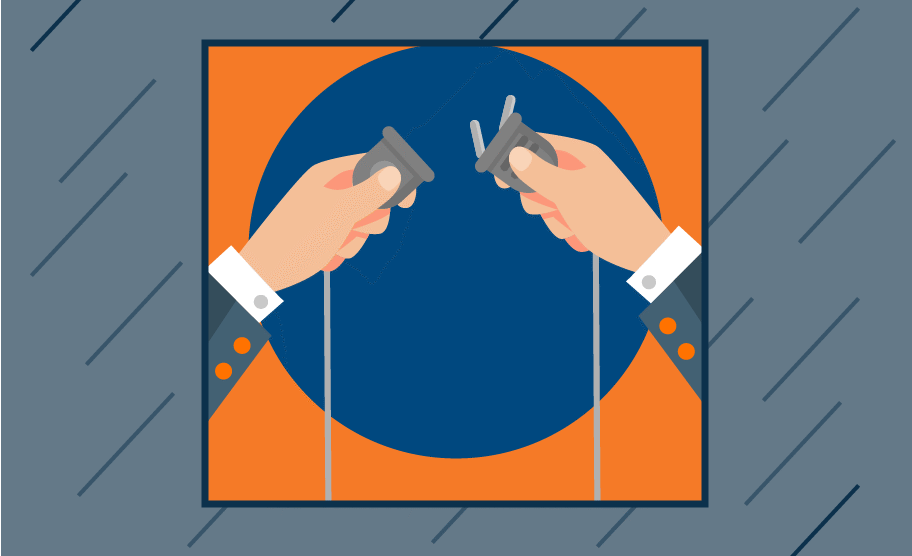
Yes, you read that right. Don’t use plugins. This seems ludicrous but it really isn’t. CMS plugins have a nasty way of rearing their ugly head when you least expect it. One small change or update can bring a site to its knees. Your job as a developer or technical marketer relies on these plugins to work consistently. When they don’t, you or your agency waste time troubleshooting and fixing them.
There are many content management platforms, like Marketpath CMS, that don’t depend on plugins. They have better out-of-the-box functionality and let you control the content in ways the plugin mongers can’t match.
Marketpath CMS uses its package manager to add functionality but this only adds assets to a site, like Javascript and CSS, and code doesn't touch the core platform. You get most of the same functionality that a plugin can offer and none of the security concerns or site-breaking updates. Plus each site includes a free preview (staging) site to check out all changes before publishing.
It doesn’t hurt to evaluate other content management platforms. Of course, we like our own but there are plenty to choose from that won’t break the bank.
If you do decide to stick with plugins, keep reading, so you at least, do it the right way.
One common way to avoid plugin woes is to build a replica staging site and first apply plugin updates there. This allows you to do a practice update and if something goes wrong it’s not on your live site. Live data is inherently more difficult to troubleshoot than staging data.
WordPress has several staging plugins that help you alleviate this concern. By replicating the data from your live site to a staging site, you can test the updates for all plugins.
Keep in mind that in most content management platforms a staging site will incur additional fees or count towards the total sites for your hosting package.
Even if your clients don’t have an active maintenance agreement with you, you should consider using a staging site solution so you can avoid more involved troubleshooting efforts.
Be sure to use only actively developed plugins that have a history of frequent updates. This tells you that they will most likely keep up with critical platform and security updates.
Look for plugins with a proper support policy. Without some way to get support when you need it you’ll be left alone and possibly in the dark.
Avoid plugins with only one or a small number of developers. These have a higher chance of the developers catching the first train to nowheresville and disappearing, leaving you high and dry.
You know when most problems occur? It’s when you’re swamped and don’t have a minute to spare. By taking a more methodical approach to choosing plugins, applying updates, or avoiding them altogether, you can save countless hours of troubleshooting.
Marketpath CMS uses packages that don’t break the platform or cause security vulnerabilities. It’s the intelligent way to maintain websites.